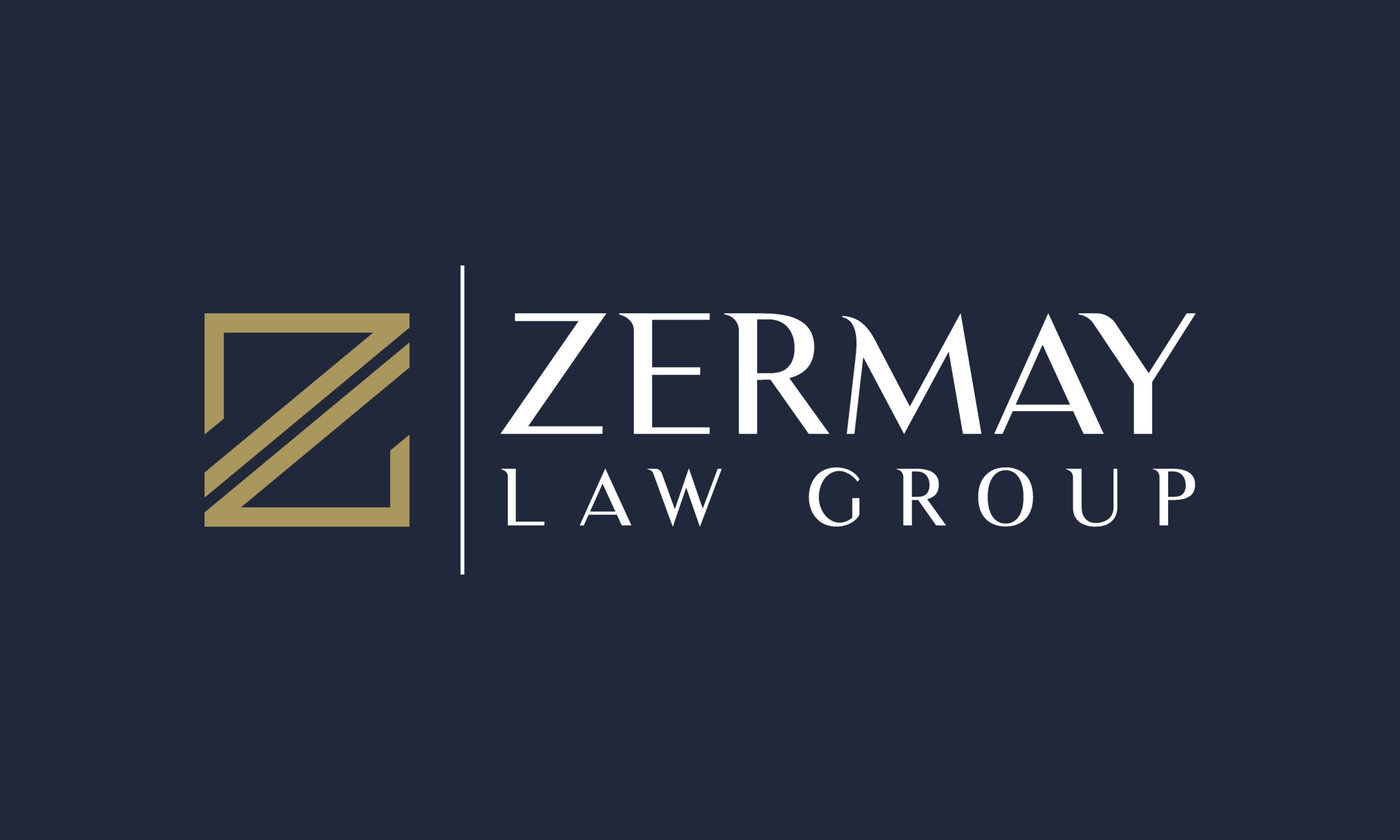California Hidden Fees Law SB 478
Senate Bill (SB) 478, enacted in California and effective from July 1, 2024, marks a significant step towards enhancing consumer protection and transparency in pricing practices. The law, designed to curtail deceptive pricing strategies, particularly drip pricing, seeks to ensure that consumers are not misled by advertised prices that do not reflect the total cost of goods or services.
Drip pricing, a practice targeted by SB 478, involves advertising a lower initial price to attract consumers, only to reveal additional mandatory charges and fees later in the purchasing process. This can lead to consumer confusion and hinder fair competition. SB 478 prohibits businesses from advertising prices that do not include all mandatory fees, aiming to foster a more transparent marketplace.
The legislation, which amends the California Consumer Legal Remedies Act (CLRA), applies broadly to virtually all businesses operating in California, regardless of industry or size. It aims to eliminate hidden or vague fees, such as service charges, which can obscure the true cost of goods and services.
SB 478 introduces significant penalties for violations, including a $1,000 per violation penalty, restitution, and payment of attorney’s fees. These penalties create strong incentives for compliance and provide consumers with avenues for redress in the event of non-compliance, potentially leading to an increase in class action lawsuits.
California Attorney General Rob Bonta, a key proponent of the law, emphasizes the importance of transparency in pricing for fair competition and consumer protection. The law aims to empower consumers to make informed purchasing decisions by ensuring that advertised prices accurately reflect the total cost.
While awaiting guidelines from regulatory authorities, businesses must evaluate their pricing practices to ensure compliance with SB 478. This includes determining whether mandatory charges and fees should be included in the advertised price or disclosed conspicuously upfront.
SB 478 does not regulate businesses’ pricing methodologies but focuses on the transparency of advertised prices. It includes exemptions for certain industries, such as automobile manufacturers, and permits food delivery platforms to list menu prices excluding service fees.
Claims alleging violations of SB 478 under the CLRA may be pursued individually or as class actions. Successful plaintiffs may be awarded damages, restitution, injunctive relief, punitive damages, attorney’s fees, and other appropriate relief.
To initiate a claim under the CLRA, consumers must notify the business of the alleged violation and allow 30 days for remediation before filing suit. Claims are subject to a three-year statute of limitations.
As businesses await further guidance, they should review their practices to ensure compliance with SB 478 and mitigate potential legal risks. Overall, SB 478 represents a significant effort to promote transparency and fairness in consumer transactions in California.

